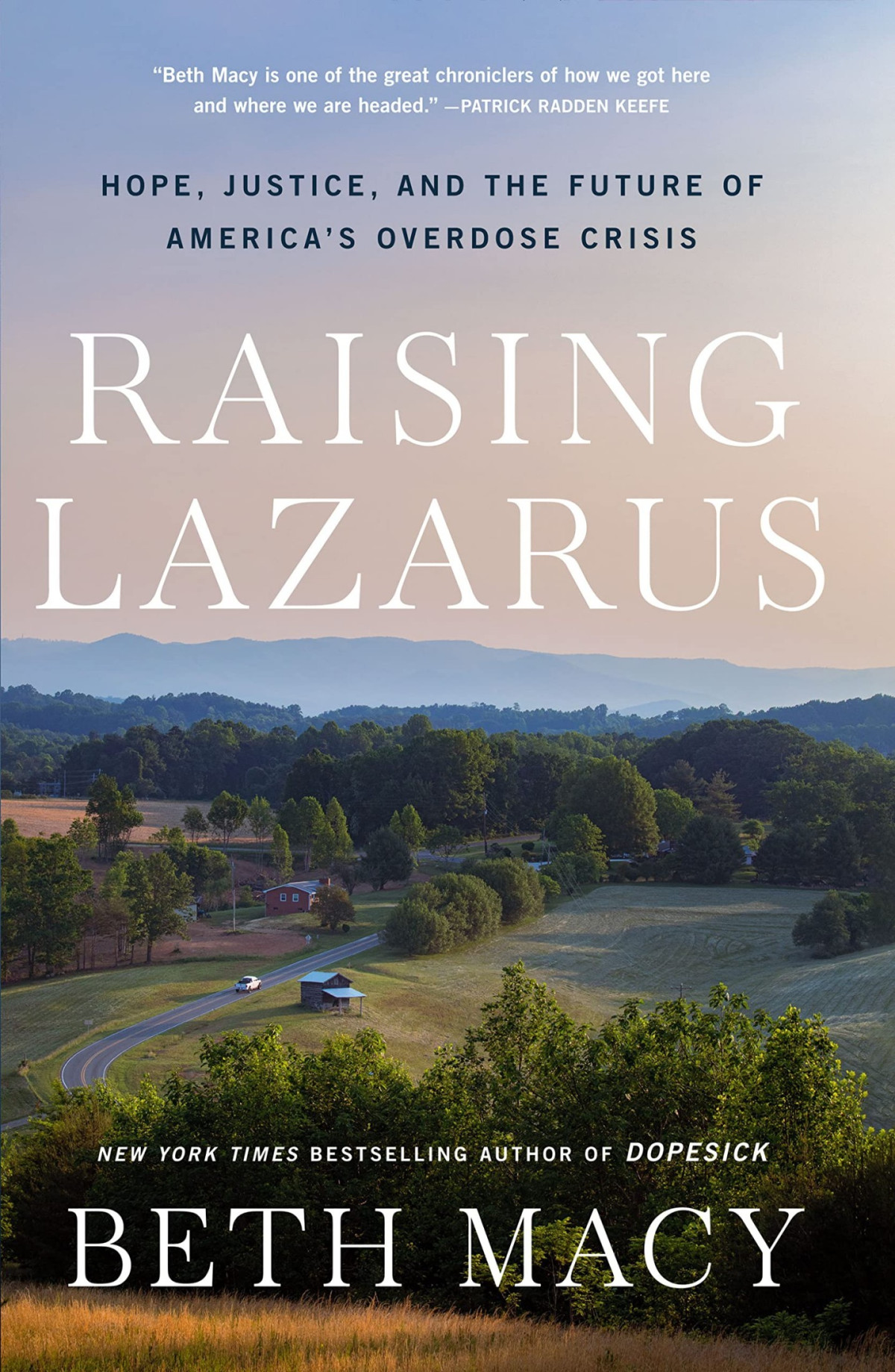

Most ebook files are in PDF format, so you can easily read them using various software such as Foxit Reader or directly on the Google Chrome browser.
Some ebook files are released by publishers in other formats such as .awz, .mobi, .epub, .fb2, etc. You may need to install specific software to read these formats on mobile/PC, such as Calibre.
Please read the tutorial at this link: https://ebookbell.com/faq
We offer FREE conversion to the popular formats you request; however, this may take some time. Therefore, right after payment, please email us, and we will try to provide the service as quickly as possible.
For some exceptional file formats or broken links (if any), please refrain from opening any disputes. Instead, email us first, and we will try to assist within a maximum of 6 hours.
EbookBell Team

0.0
0 reviewsNearly a decade into the second wave of America's overdose crisis, pharmaceutical companies have yet to answer for the harms they created. As pending court battles against opioid makers, distributors, and retailers drag on, addiction rates have soared to record-breaking levels during the COVID pandemic, illustrating the critical need for leadership, urgency, and change. Meanwhile, there is scant consensus between law enforcement and medical leaders, nor an understanding of how to truly scale the programs that are out there, working at the ragged edge of capacity and actually saving lives.
Distilling this massive, unprecedented national health crisis down to its character-driven emotional core as only she can, Beth Macy takes us into the country’s hardest hit places to witness the devastating personal costs that one-third of America's families are now being forced to shoulder. Here we meet the ordinary people fighting for the least of us with the fewest resources, from harm reductionists risking arrest to bring lifesaving care to the homeless and addicted to the activists and bereaved families pushing to hold Purdue and the Sackler family accountable. These heroes come from all walks of life; what they have in common is an up-close and personal understanding of addiction that refuses to stigmatize—and therefore abandon—people who use drugs, as big pharma execs and many politicians are all too ready to do.